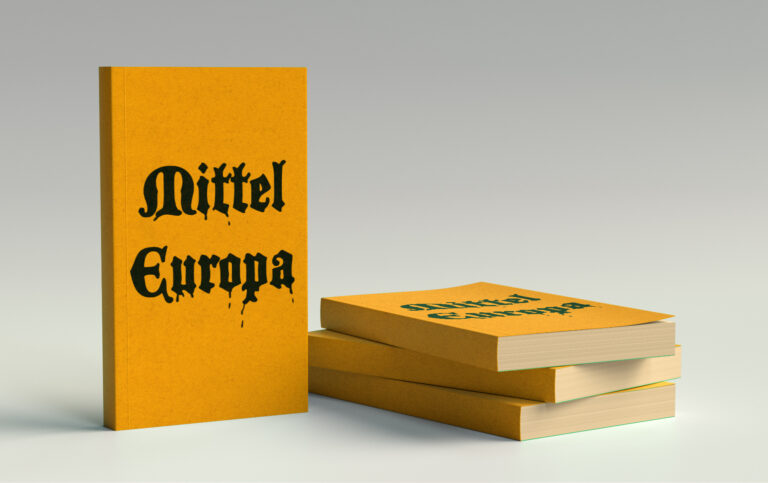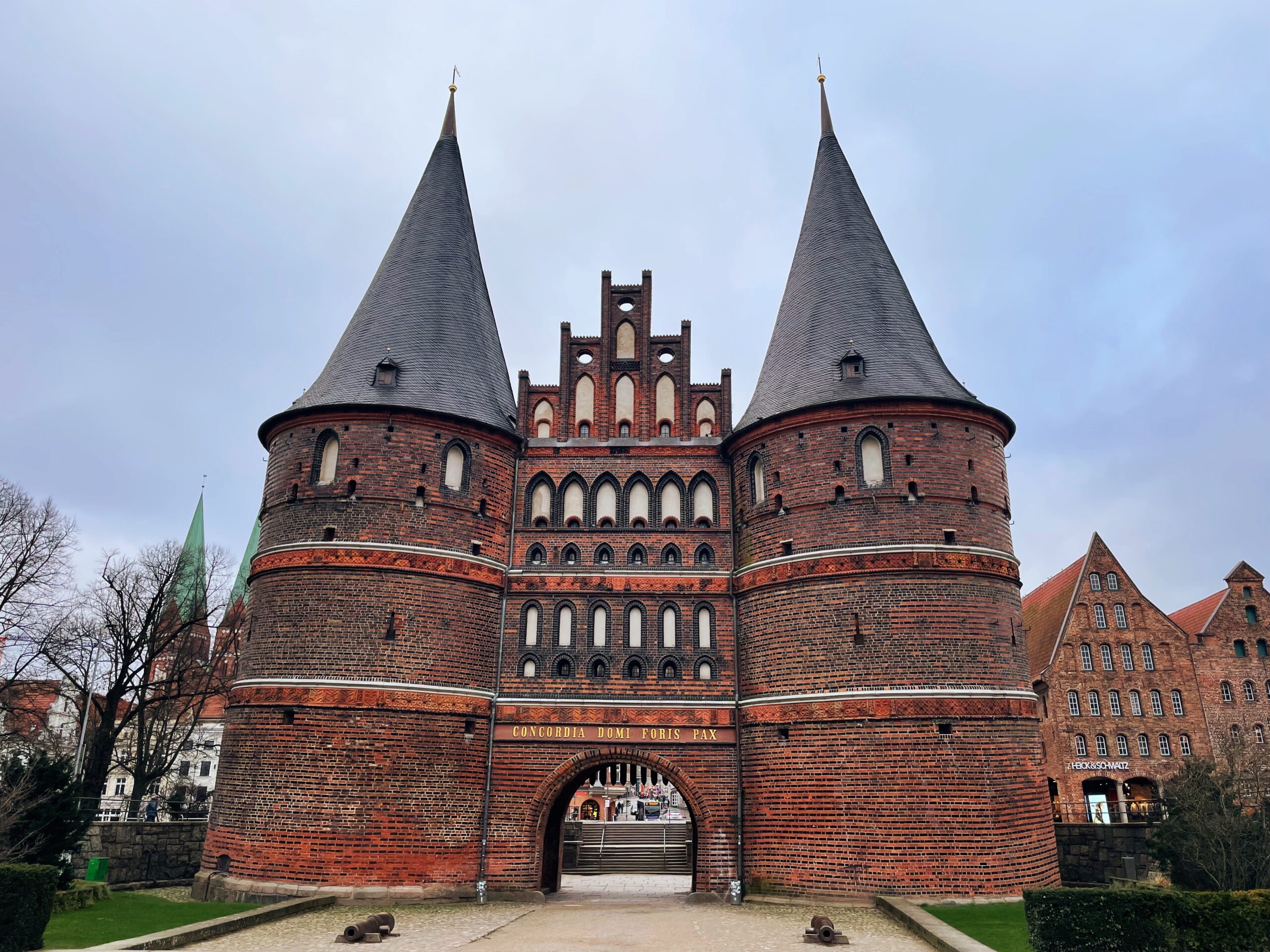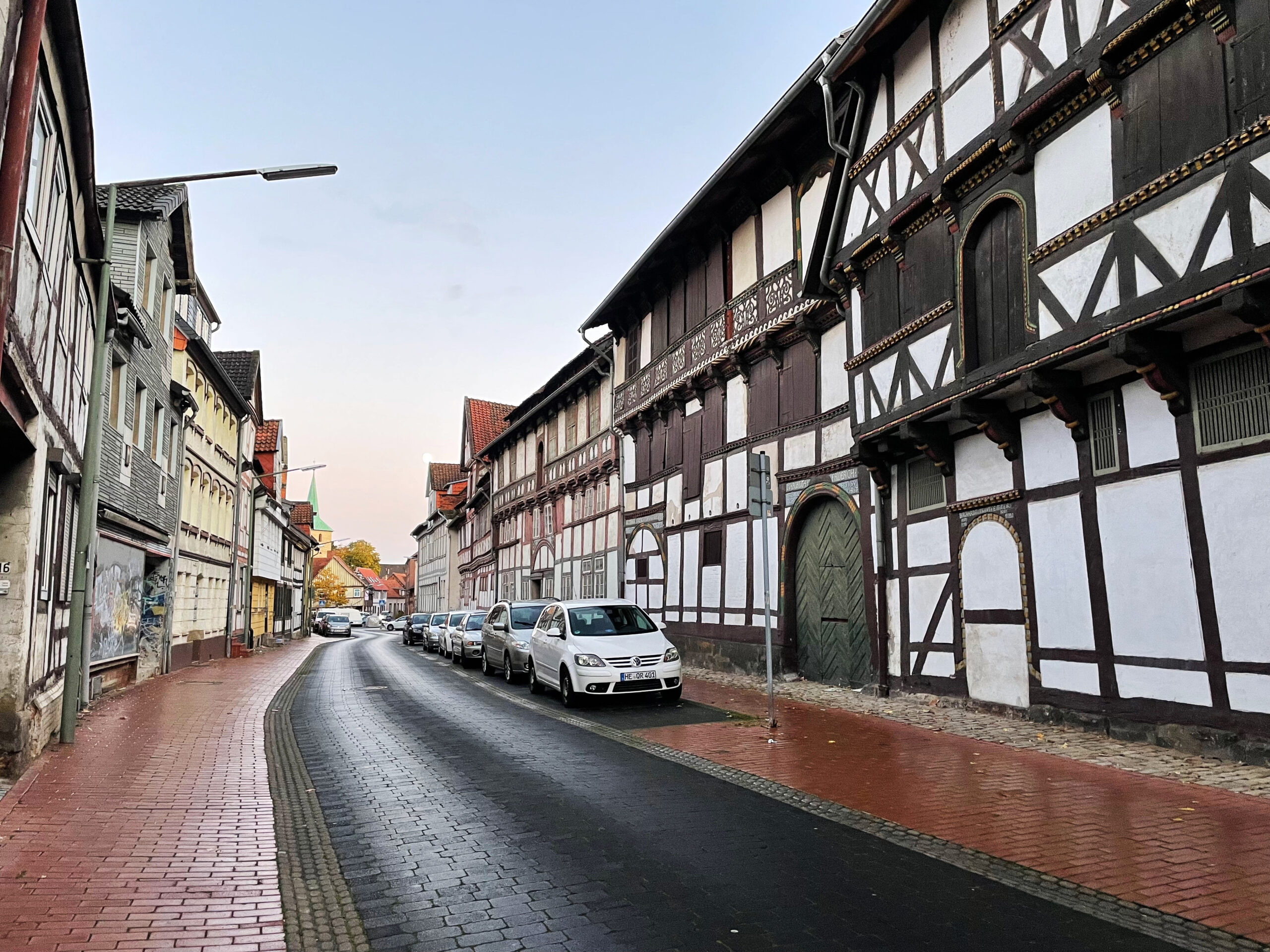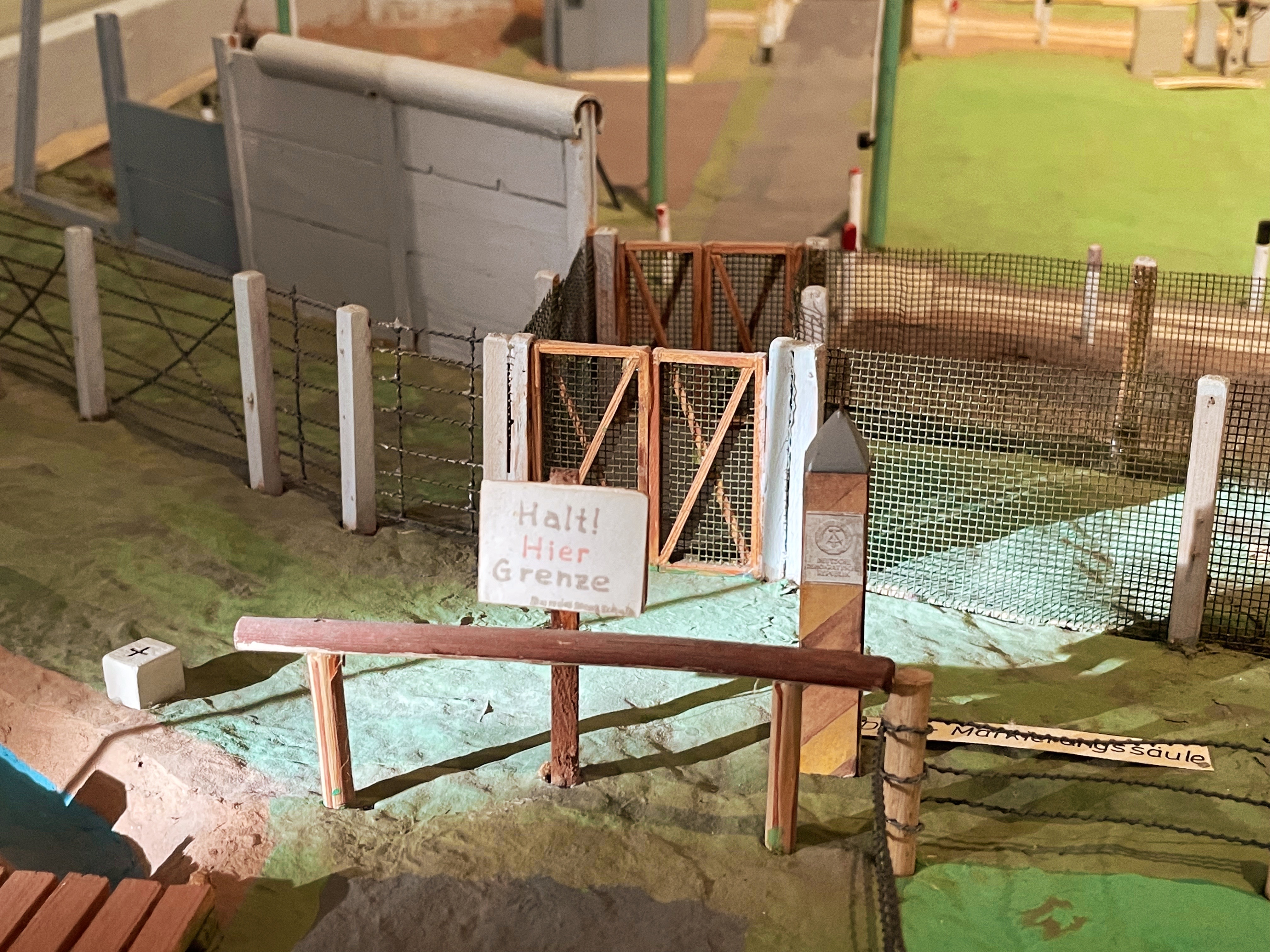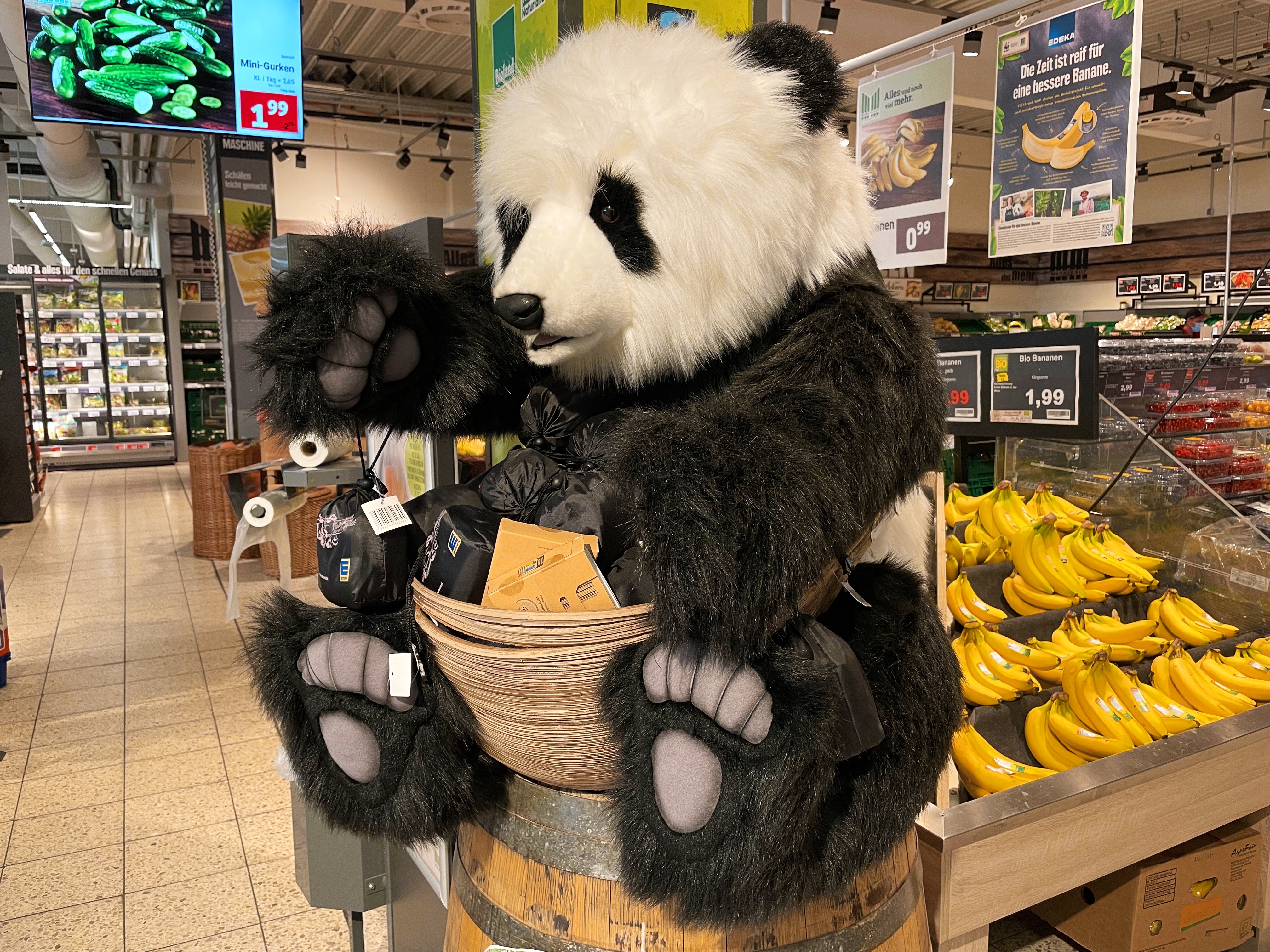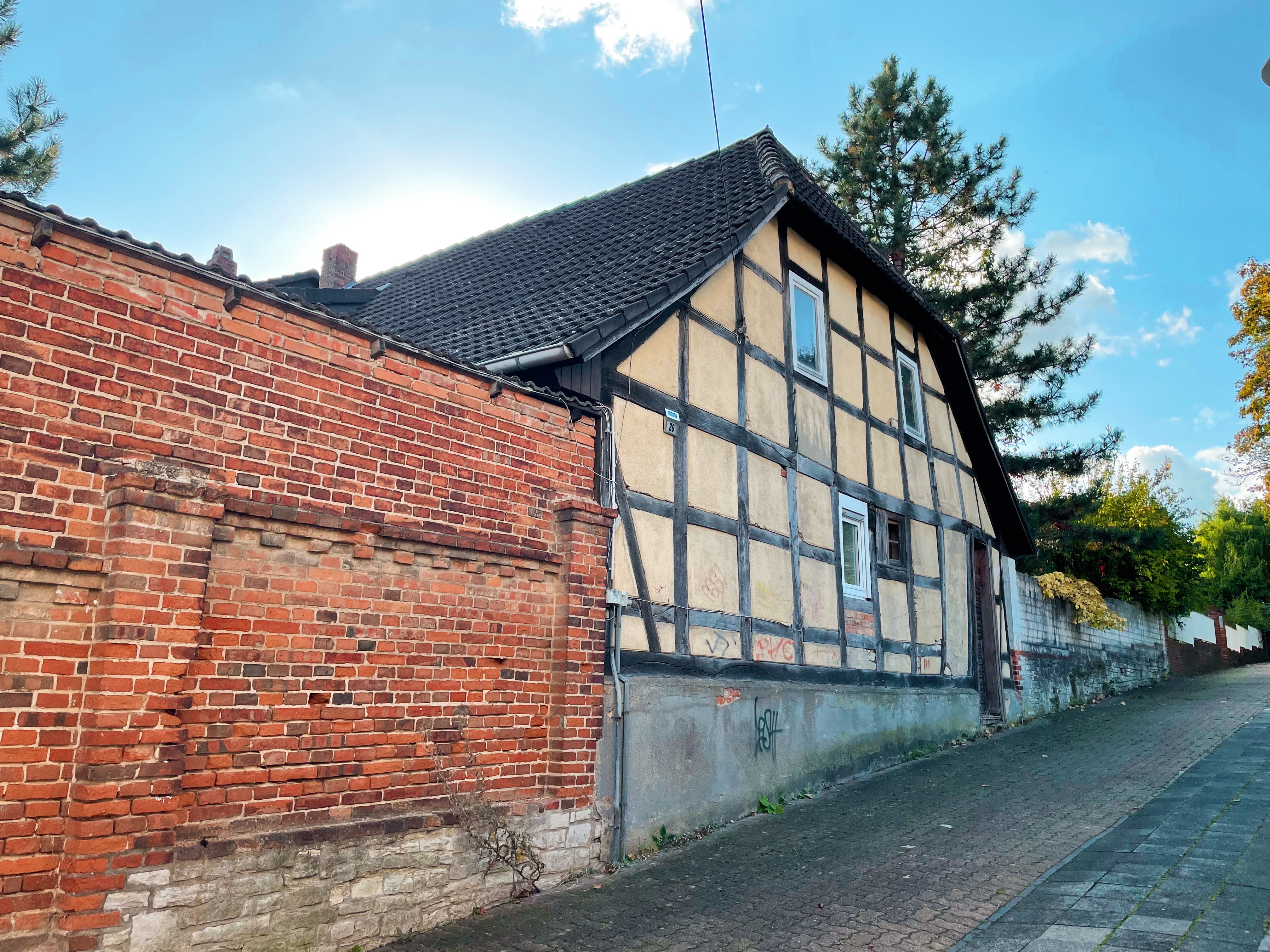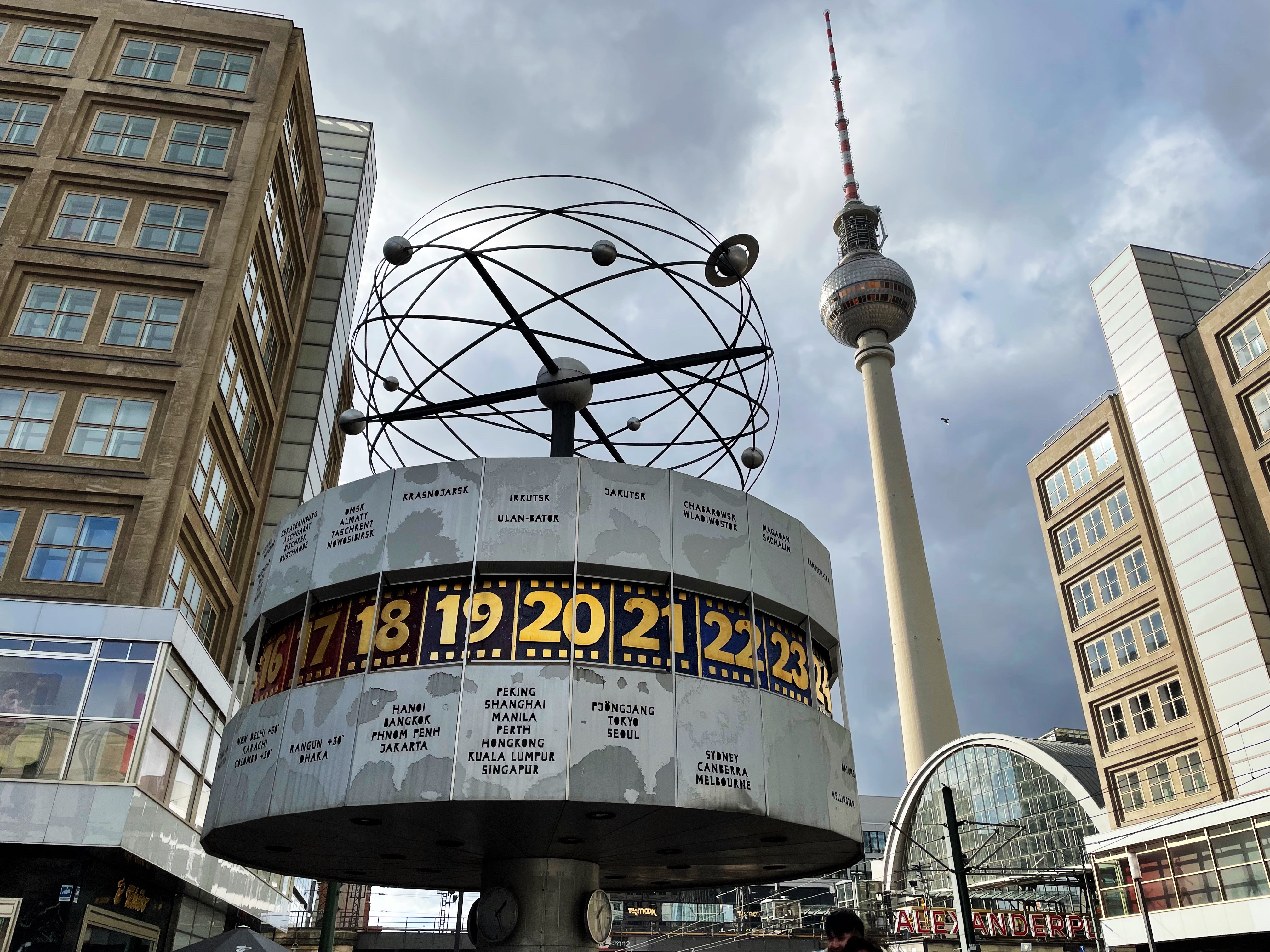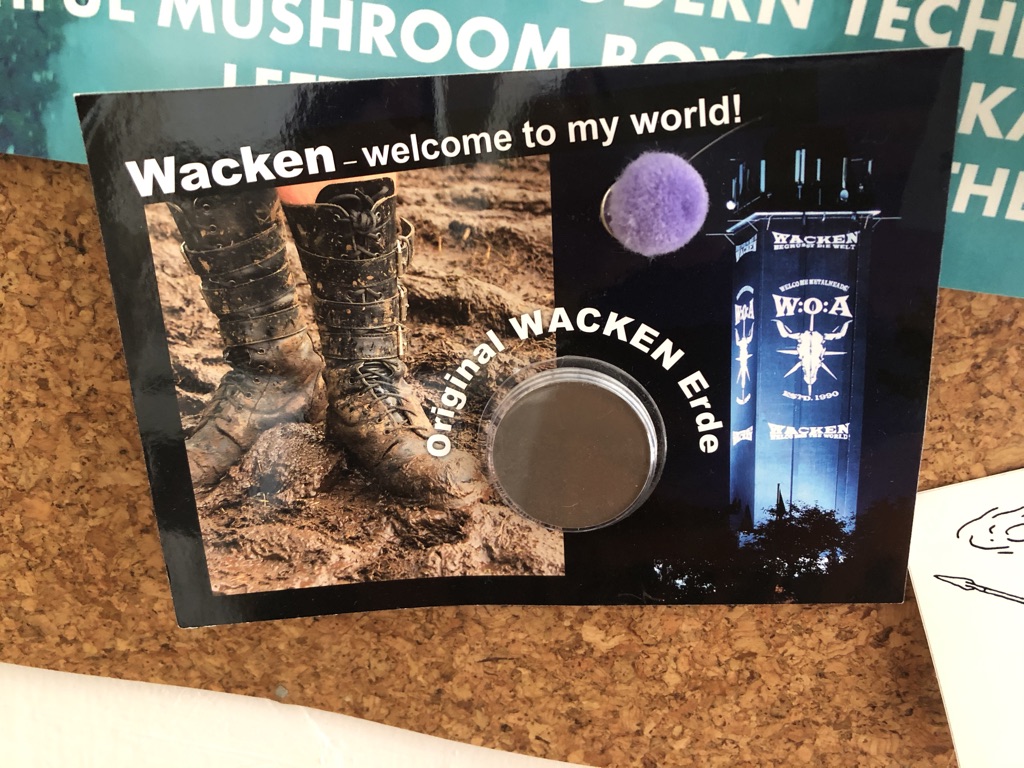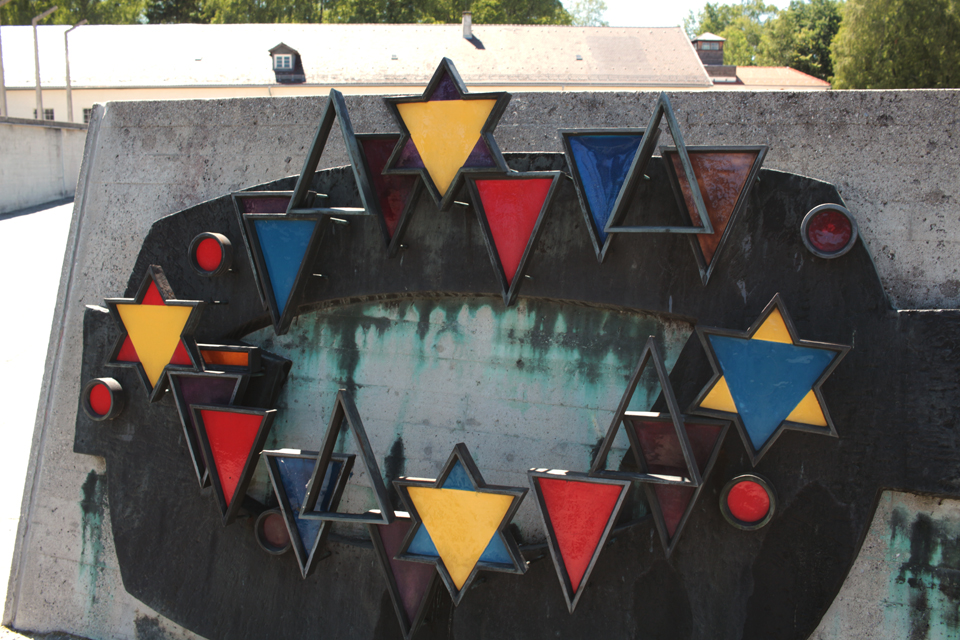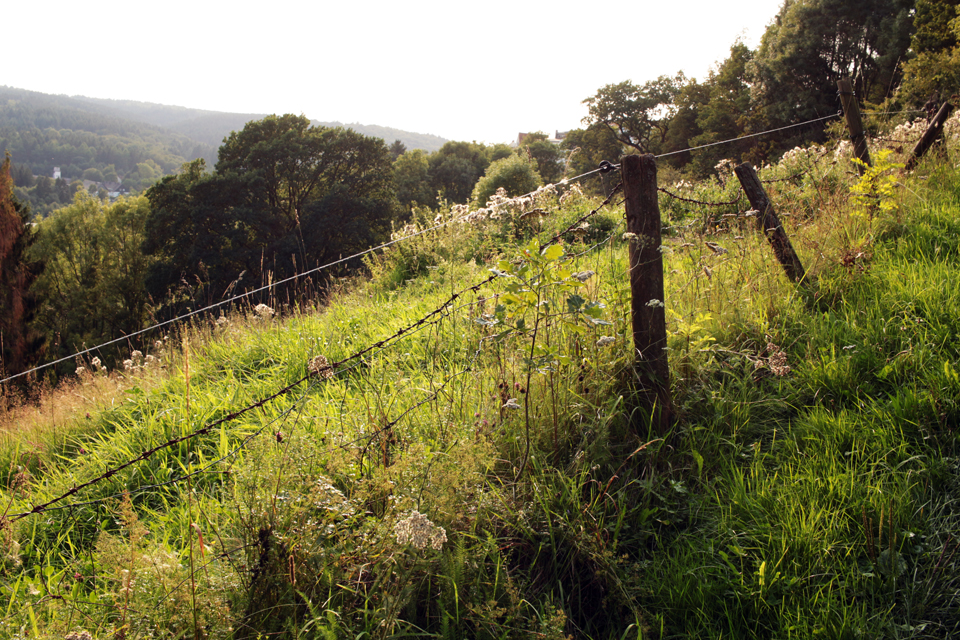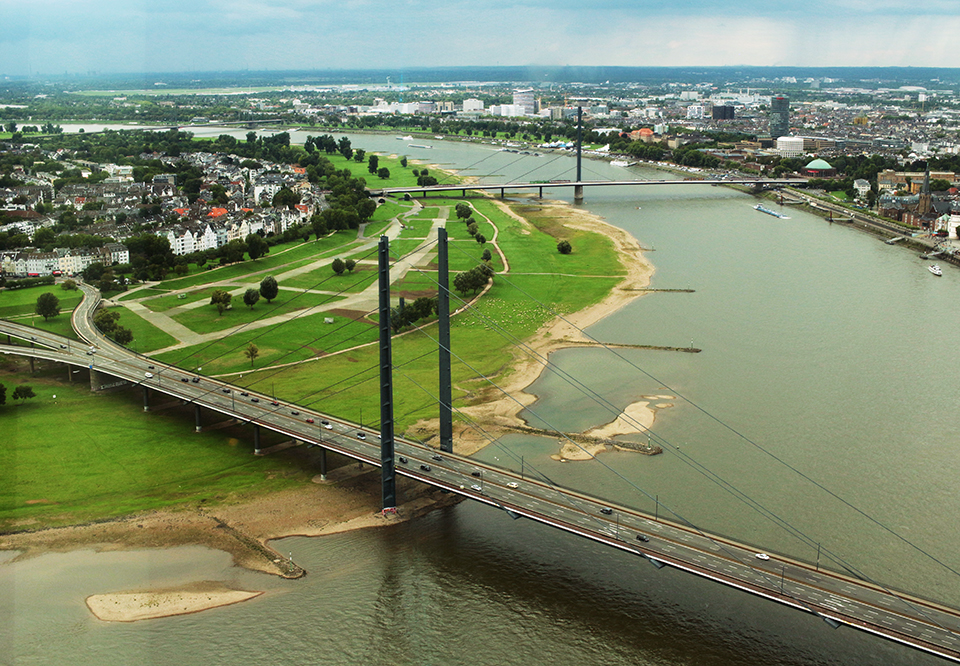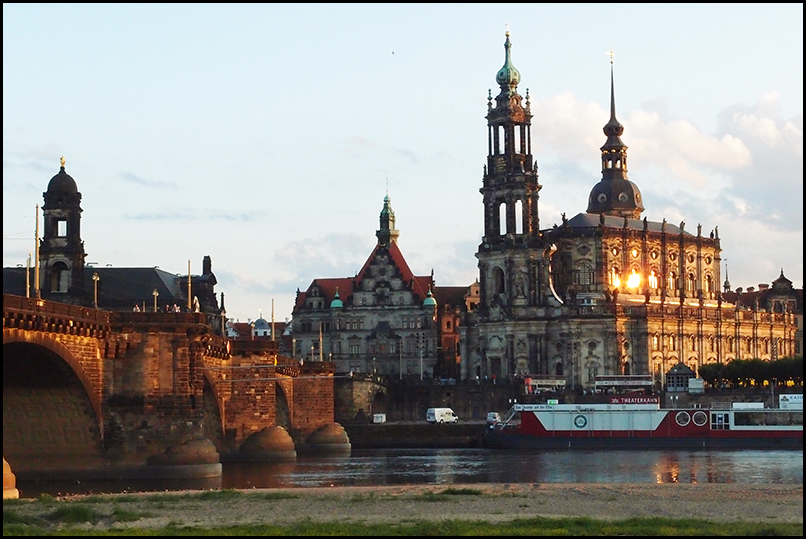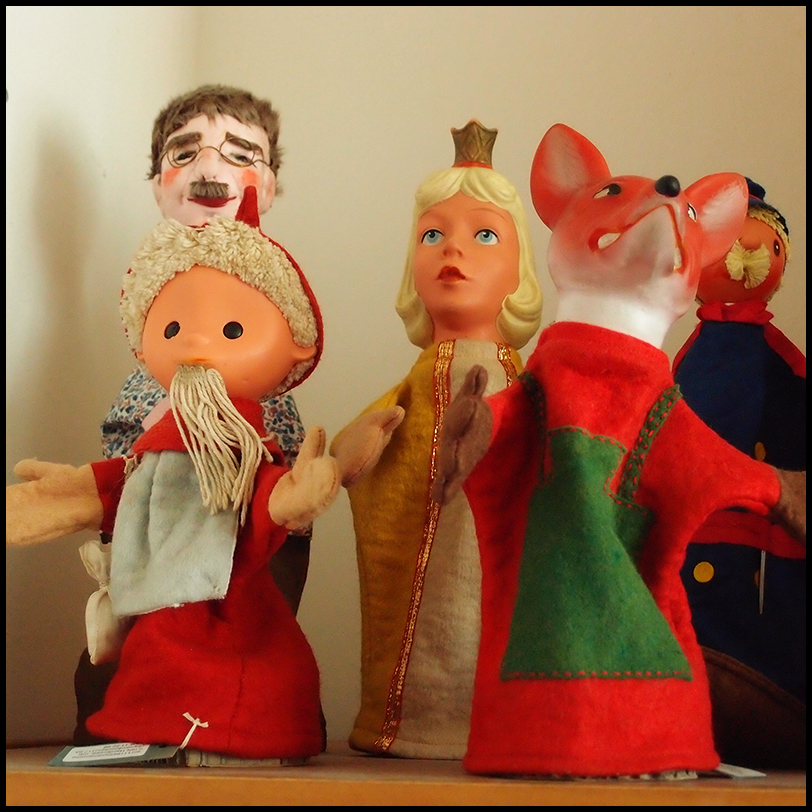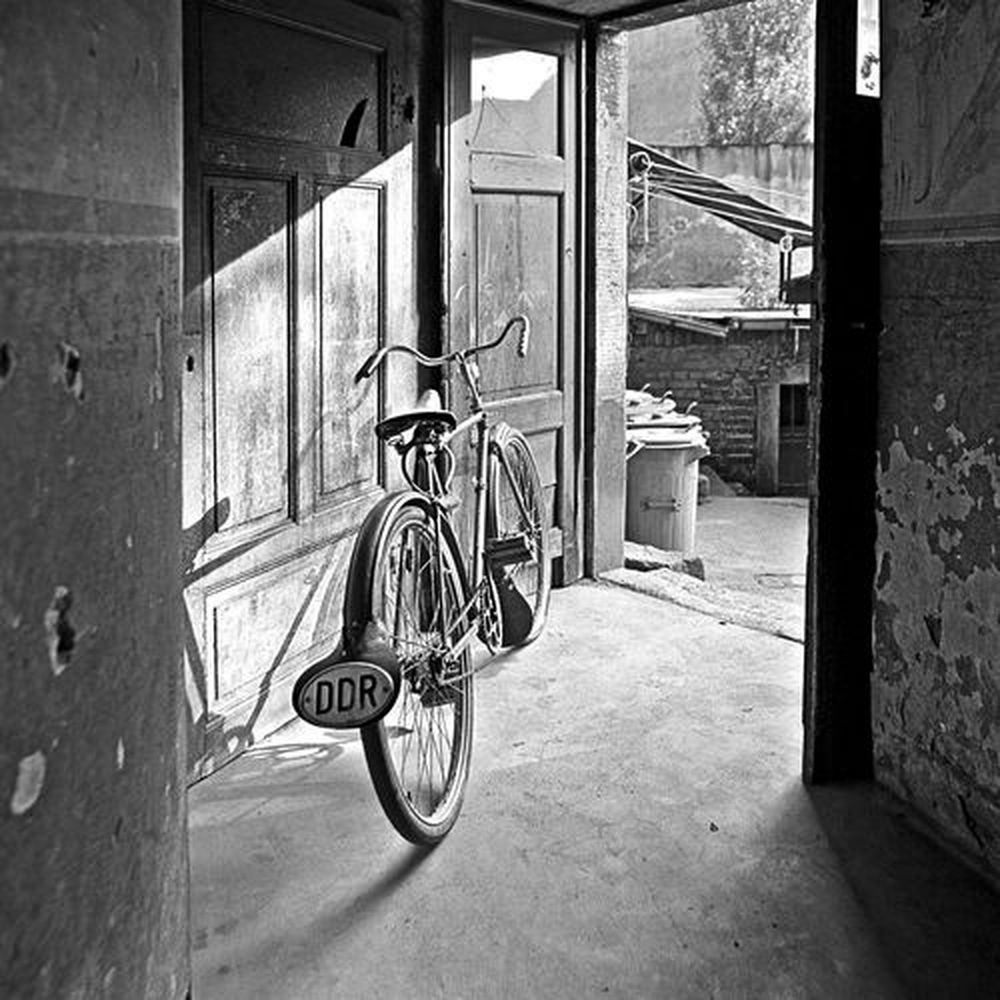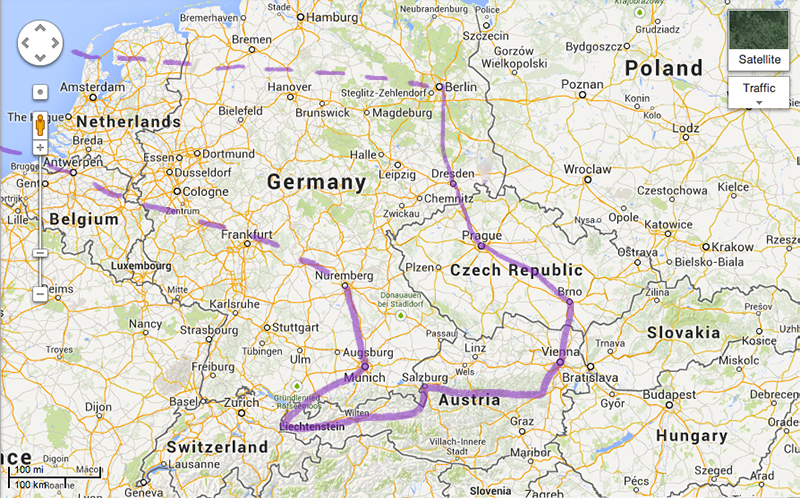Category: Germany
Lübeck
Helmstedt
Helmstedt Border Museum
Schöningen Marktkauf
Schöningen
Transiting Berlin
Wacken Earth
I got this postcard from a supermarket in a small town in NW Germany near where the festival is held. I hope it has genuine Rammstein tears in the soil sample, or I’ll ask for my €3 back
Dachau
On my way back from the Tyrol, I stayed in Munich en route to the airport, and visited the Dachau concentration camp museum- it was the first Nazi concentration camp and served as a template for many of the others…
Büren-Harth
Here’s some more photos from Germany. From Harth in Nordrhein-Westfalen to be more precise. It’s a small village in the Sauerland, a scenic forest region about a hundred miles east of Cologne, popular for hiking and cycling.
Düsseldorf
I spent most of August in Germany, teaching some school workshops and going to Documenta art fair along the way. My first assignment was in rural Nordrhein-Westfalen. The agency has a tendency to book you on flights at brutal times early on a Sunday, so instead I booked my own flight to Cologne on a Friday evening, and claimed it back off them. I have been to Cologne loads of times, and my colleagues were flying into Düsseldorf, which I had never visited. So I decided to stay in Düsseldorf, do a bit of sightseeing, and then meet up with the others before heading to the Sauerland.
Professor Knatschke
My university library had a massive stack of printing industry annuals from the 1890s through to the 20s. I always enjoyed looking through them because the illustrations and articles they chose to showcase new printing technologies were often really odd, and were good to photocopy for collages and zines. Next to them on the shelf was a strange little book called Professor Knatschke. It’s a comedy book written and illustrated in 1912 by Alsatian satirist Jean-Jacques Waltz, aka Hansi, about a clueless German professor and his daughter’s trip to Paris, mocking both the French and the Germans (but mostly the Germans) in a more innocent pre-WW1 pre-Nazi era. I always really liked the illustrations (and Elsa K’s obsession with making gifts embroidered with “inspiring” mottoes) , and now it’s available free online as a copyright-free ebook.
Dresden
I spent a week in Dresden. When I wasn’t working, I was exploring, either alone, or with my co-worker Hazel. The city was completely flattened in the Second World War (pointlessly in my opinion- it happened right at the end of the war, and Dresden wasn’t an industrial target). The DDR regime didn’t do much to restore the old town centre, but after reunification it was all put back together as much as possible as it was before (they kept a lot of the stones in a warehouse). The the city is a strange mix of restored Baroque, super-spruced up restored buildings, dilapidated buildings waiting to be restored, and randomly spaced gaps of bomb sites that haven’t been built on yet. The setting of the city is along the River Elbe- you can see the wide banks left empty here- it’s prone to flooding. The local accent also sounds very much like a Brummie speaking German.
DDR Museum
I’m fascinated by the history of the Cold War. Both the political side, and the social history of people’s everyday lives. I’ve always been extra fascinated by the former DDR, both because I can speak the language and because they tried so hard to be a “model” Iron Curtain society. You read about people being “internal emigrés”. Being a good comrade and worker on the surface, but internally escaping to their own world via drink or just plain daydreaming. I suppose that’s what I’d do in the situation. I have a lot of thoughts on the subject, but I’m currently writing a zine about the trip this summer, so I’ll save them for there.
Starkes Viertel- photos of Dresden Neustadt in the 70s and 80s
When I was in Dresden, I bought a photography book by a local photographer. Günter Starke lived in Dresden Neustadt, the area just across the river from the historical centre, in the 70s and 80s, and took a lot of photos. Despite the name, Neustadt is full of old buildings that escaped bombing during the war (it’s only new compared to the baroque city centre), and in the communist days, the local council concentrated on building blocks of flats and housing estates to house families.
Travels Without My Aunt
I’ve spent most of the past month travelling around Germany and Austria teaching. It’s for an extra-curricular school programme. You do activities to boost the children’s speaking confidence in English, work on creative projects, and put on a show for the parents with presentations of the projects, and drama written by the students. You don’t need to speak German to do the job, and you never speak German in the classroom, but of course it comes in useful to understand if the kids are being naughty, and in your time outside the classroom.
